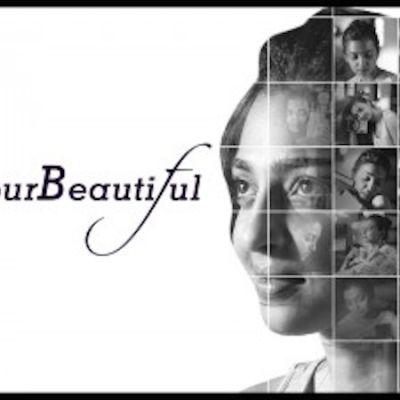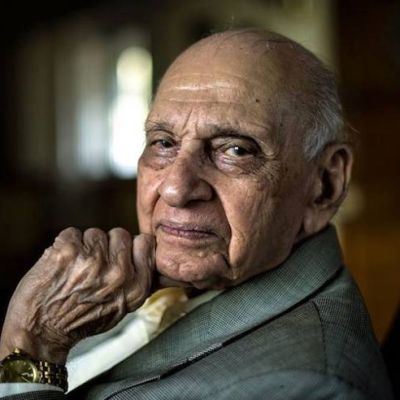Relationships and Sexuality
It could be your best friend, a partner, a sister or a parent. Hurting and getting hurt seem to form the basic universal nature of relationships. I have always wondered about why we like creating these connections, and why we need this social network.
Often when we speak of families and family history, we talk genetics, traditions and inheritance of all kinds. Somehow our relationship by blood or otherwise to a clan is supposed to help us identify our place in the universe. So there’s family medical history, family culture, family traditions of food and career. But sexuality? A family history that focuses on sexuality? What would that even mean?
In the debates around the need to expand the rights that accrue through marriage to same-sex couples, what is often lost are the forms of legal recognition of relationships not in the nature of marriage or blood. As the nature of traditional relationships changes across India, with more people opting to live singly or with friends, we really need to begin thinking seriously about new forms of legal recognition.
In the Chinese province of Yunnan, ‘early marriage’ is a common phenomenon. Dearth of employment opportunities compels parents to marry off their children before leaving for work in bigger cities. The cultural trend favours early marriage, so there is no social stigma attached to it.
While the video’s message of women finding self-worth through beauty can be construed as sexist (our worth can’t be reduced to mere beauty and looks), and it also has the token ‘fat’ woman that one can criticise it for, one also can’t deny that the loving and acceptance of one’s body remains a universal, daily struggle of probably every woman the world over.
Mahinder Watsa is a 92-year old gynaecologist and sexologist, famous for his Ask the Sexpert column in Mumbai Mirror for the past 10 years, and is an author of It’s Normal, a book that explains human sexual anatomy, defines complex notions such as love, partnership and consent, and takes on popular myths. He has spent a lifetime dispelling sexual ignorance and is known for his wry humour and blunt answers.
What exactly does being ‘comfortable with your sexuality’ mean? From a young age, all children, especially girls, are taught about specific ‘values’, and how we all need to behave in a certain manner or else we’re being ‘inappropriate’. However, I think the term ‘inappropriate’ simply means, “You should be ashamed of your body and should only think about concealing yourself”. And then our teachers and elders and others around us expect us to be automatically comfortable with our sexuality and with how we look, all the while trying to control us and impose their ideas on us.
मालिनी छिब के लेख सेक्सलेस इन द सिटी (जिसमें मेरी कोई गलती भी नहीं) को पढ़ना एक रुचिकर अनुभव रहा…









